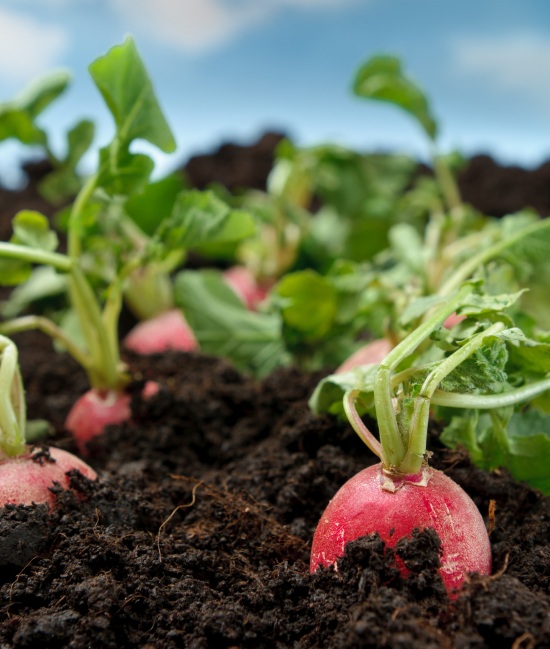Families across the country must once more prepare themselves for bad news regarding the affordability of essential items. Experts have warned that severe droughts hitting the United States of America, which have rendered arable land larger than the size of Belgium and Luxembourg combined obsolete, will have a severe effect on the prices of items bought at supermarkets.

Staples such as bread and pasta are likely to face the steepest price hikes, as corn crops have failed to meet a worldwide growing demand due to the unstable weather in America this summer. America currently provides almost half of the world’s corn supplies, and with almost two thirds of the country’s farm land in mild or extreme drought it seems that farmers will be unable to meet the export demands placed upon the nation.
Additionally, the cost of meat products is expected to rise, again as a result of the drought. The price of animal feed is increasing steadily, meaning that farmers are forced to raise their costs in order to feed their livestock and break even themselves.
Meanwhile in the UK, the miserable summer has meant that farmers here have so far failed to harvest the levels of produce required. This has forced commercial property supermarkets to import goods from countries such as Guatemala, South Africa and Israel. A combination of waterlogged fields and a distinct lack of sunshine have ensured that even hardy plants such as potatoes and peas have failed to grow, according to farmers nationwide.
At this point in time, 35 states in the USA have declared disaster areas due to the drought, with more expected to follow. A spokesman for the British Retail Consortium has warned that, while consumers may not yet be feeling the effects on prices yet, the effects of the polar opposite summers here and across the pond will soon become noticeable in supermarkets.
He said; “The drought is not yet having an impact but it will work through to meat prices because of the price of animal feed, and ultimately to things such as bread and pasta.”
The drought situation has become so severe that there are now calls for the G20 group of leading industrialised economies to meet and discuss the problems surrounding international food supply. America and Europe are not the only areas that have been affected by poor crops this summer – Russia and the Black Sea region have also failed to live up to expectations. However, Jose Graziano Da Silva, director general of the UN’s food and agriculture organisation, believes that there is no need to panic if all necessary precautions are taken by the world’s most powerful countries.
He said; “We need co-ordinated action and I believe that the G20 is responsible enough for this action.”
He went on to say the current shortages should not be categorised as a crisis, but that that may be the case within the next twelve months should crops from the southern hemisphere prove to have as disappointing a summer harvest as those in the northern hemisphere.
However, for the remainder of this year, it must simply be a case of families further tightening their belts and hoping for an end to the recession. Yet this latest blow can only further damage the coalition government’s relations with the public – especially following so closely behind the slide into a double dip recession earlier this year. One Tory MP has already stated that food prices are having an impact on millions of families, claiming that parents are now forced to skip meals in order to feed their children.
With incomes struggling to stretch to accommodate inflation that has rocketed above the official target, and the cost of everything from food to fuel set to rise in the next several months, it seems that Britain’s wet summer was a drop in the ocean compared to what awaits us for the remainder of 2012.
Do you think commercial property supermarkets should be limited in how much they charge for food products given the financial situation and current drought in the USA? What could the Government be doing differently to drag Britain out of recession?